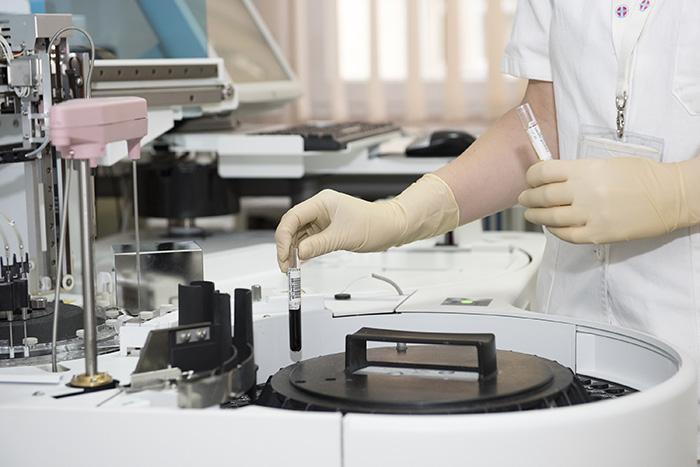STI rates on the rise around the state
February 11, 2015
With over 3,000 condoms picked up by Central students since winter quarter began, the Central Wellness Center has been hard at work.
As sexually transmitted infections (STI) rates are continually rising throughout the state, it is particularly important that Central students are knowledgeable about how they can stay protected.
Liz Whitaker, Community Health Supervisor at the Kittitas County Public Health Department, said college students are a large portion of the people who get diagnosed with STIs in the county.
Whitaker said chlamydia is the most common STI in the country.
This may be due to the fact that chlamydia is an STI that often doesn’t show any symptoms. Whitaker said there were a total of 167 reported cases of chlamydia in Kittitas County in 2014, 39 of which were diagnosed at Central.
According to the Washington Department of Health, the infection rate for the majority of STIs is on the rise.
Tiffany Harms, Communications Manager at Planned Parenthood, said 75 percent of women and 50 percent of men with chlamydia have no symptoms. On average, people with HIV don’t develop symptoms for 10 years.
“One in two sexually active young people in the U.S. will contract an STD by the time they’re 25 and most won’t know it,” Harms said.
Whitaker said herpes is the secon most common disease, with 14 total cases reported from Kittitas County residents. Many are unaware that STIs such as chlamydia and herpes can travel by mouth. This is one of the many reasons why any sexually active individual should get tested if either person in the relationship has had more than one partner.
Fortunately, Central’s Wellness Center is making it easier for students to get tested for STIs. They are also trying to make STIs less of a controversial topic to discuss.
According to Doug Fulp, Wellness Center Health Educator, the Wellness Center has just received a grant from the AIDS Healthcare Foundation that will supply them with 18,000 condoms and 200 oral quick tests for HIV/AIDS.
These quick tests will be distributed to students by Central’s Student Medical and Counseling Clinic, and allow for confirmation blood tests to be given to patients immediately after receiving oral test results.
The Wellness Center promotes healthy sexuality by emphasizing the significance of proper contraception with various events and programs.
“The Love Glove Club” is the Wellness Center’s free condom distribution program. Through this program, students may receive 20 free condoms per quarter when they show their student ID card.
“Last year, 650 students utilized this resource, and almost everybody does grab their full 20 when they do it,” Fulp said. “Most people use it about two out of the three quarters, if not all three quarters.”
Fulp said that the Wellness Center focuses their programs on meeting students where they are, according to results from student evaluations.
“About 73 percent of our students are sexually active,” Fulp said.
One of the Wellness Center’s most popular programs is “Expect Respect,” which focuses on sexual responsibility.
Barb Stanley, registered nurse at Central’s Medical and Counseling Clinic, said that she believes people are more educated today than they used to be.
“We do have people come in for testing, which is a good idea so that there’s no finger pointing later,” Stanley said.
Stanley said she often explains to students that they should always get checked for STIs when becoming sexually active with a new partner to ensure they are both free from infections.
“Even if you’re on birth control, you still have to use condoms,” Stanley said. “Same goes for guys. Guys should also protect themselves, if condoms are used all the time they will be safe.”
However, Stanley notes that even with condoms no one is 100 percent free of risk. Stanley said that students can never be reminded enough that abstinence is the number one safest option to avoid putting yourself at risk.
If students prefer to get STI tests off campus, Planned Parenthood offers STI treatment and guidance on how to handle being diagnosed.
Harms said Planned Parenthood offers a partner treatment program which sends the diagnosed patient home with treatment for them and their partner at no charge.
“We believe this is an important step in getting people healthy and stopping the spread of STDs,” Harms said.

